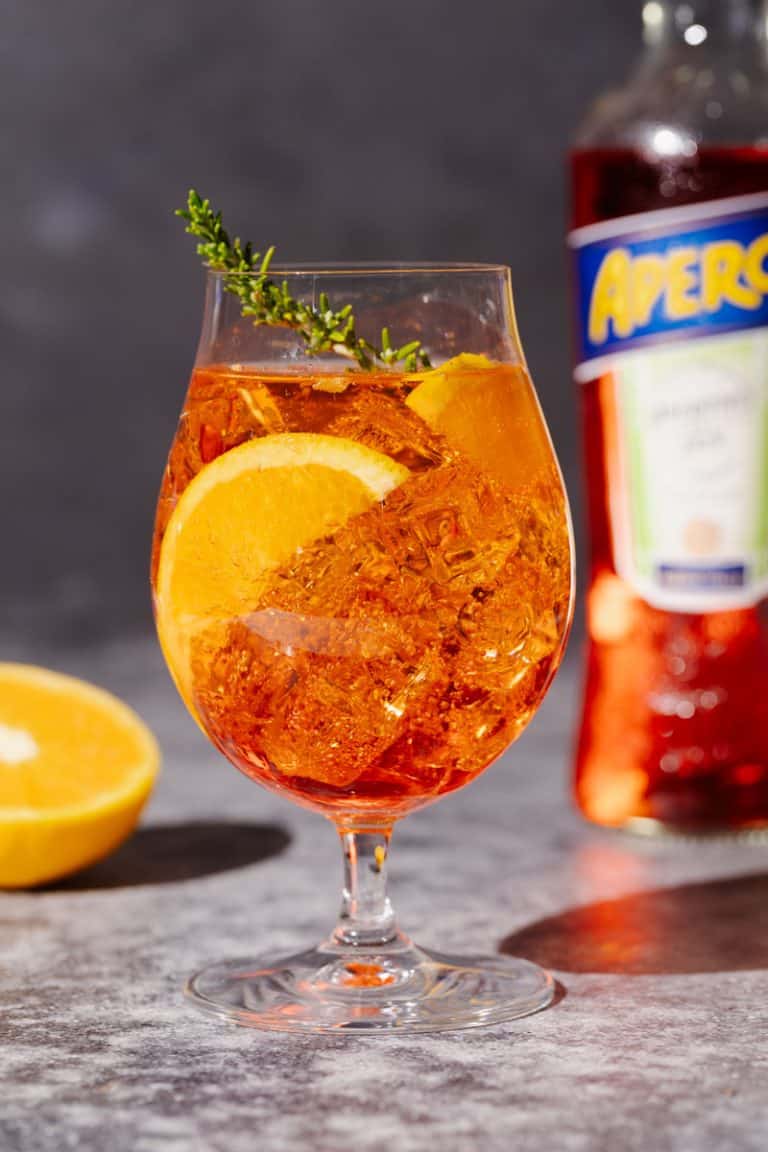Complete Guide to Vegan Wines
Wine is fermented grape juice, so why are some wines not vegan? What’s makes some wines unsuitable for a plant-based diet? And how do you know whether a wine is vegan-friendly or not? This complete guide to vegan wines answers ALL your questions.

What is vegan wine?
Vegan wine is made without the addition of any animal-derived products in the winemaking process.
Why are animal products used in wine?
Fining is the process of clarifying a wine with an array of agents. Young wines are hazy and contain tiny molecules such as proteins, tartrates and harsh tannins and the fining process helps clarify those, but the process can also improve a wine’s color and flavor.
What’s in wine that makes it non vegan?
Animal derived fining agents are commonly used in red, sparkling, rosé, or white wines, making those beverages unsuitable for a vegan diet. The following fining agents are commonly used in the fining process of wines: blood and bone marrow, casein (milk protein), chitin (fiber from crustacean shells), egg albumen (derived from egg whites), fish oil, gelatin (protein from boiling animal parts), and isinglass (gelatin from fish bladder membranes). Those agents however are processing aids, not additives to the wine as they are filtered out along with the haze molecules. Traces of animal derived agents may be present in the wine making them therefore unsuitable for a vegan diet.
How are vegan wines made?
There are several fining agents however that are suitable to make vegan wine. Carbon, bentonite clay, limestone, kaolin clay, plant casein, and silica gel are alternative fining agents that are used to make vegan wines.
Some wineries also use a mechanical filtration process to remove sediment but another method is: Time. Most wines, if left long enough, will self-stabilise and self-fine. Gravity will simply do the work. Especially amongst organic and biodynamic winemakers this low-intervention method is often used to get their wines market-ready.
How do I know if a wine is vegan?
Wine lovers need to check the “fine” details of a wine’s back label to find out whether it is suitable for a plant-based diet. Look for wines that state “vegan-friendly” or “suitable for vegans” on their back label or promotional material including their tasting note.
Thanks to government regulations the presence of fining agents as potential allergen products must be declared on the back label of a wine in most countries.
An increasing number of wineries also use the vegan logo (a green V symbol) to clearly state the benefit of their wine being suitable for a plant-based diet.
Please note that winemaking practices can change from vintage to vintage. I suggest checking the back label or tasting note for each vintage to ensure a wine suitable for a vegan diet. You can also check the producer’s website or contact them directly for more information.
Is organic wine vegan?
Many vegan wines are also organic or biodynamic which means that they are made with minimal environmental impact and without the use of synthetic pesticides or fertilizers.
Many organic wines are vegan and suitable for a plant-based diet as they’re often self-stabilized and self-fined. Check the back label as organic wines are not vegan by default.
Popular Vegan Wines
Below is a vegan wine list including popular vegan brands that are widely available and won’t break the bank in their respective categories.
Vegan White Wine
Vegan Red Wine
Vegan Rosé Wine
Vegan Prosecco
Vegan Champagne
Dry Farms Wines only stocks vegan-friendly wines. iI you’re living in the USA check out their subscriptions here.
For more wine tips, check out my Rosé wine guide, Pinot Noir food pairing guide.






